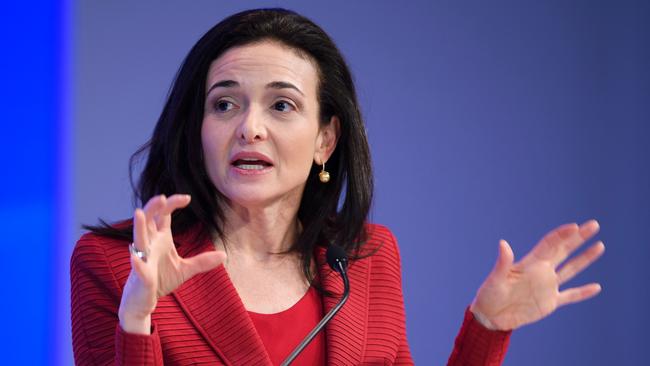Worker’s ‘mental health’ days often more than a sickie
Bosses want their workers to start taking ‘mental health days’ for the right reasons.

Bosses want their workers to start taking “mental health days” for the right reasons.
Workers often say they are taking a mental health day with a wink and a nudge, as it is commonly understood that they will be catching up on housework or going to the beach.
Meanwhile, many people who genuinely need time off to see a therapist or recover from an anxiety attack say they are less than forthcoming with their managers about why they need a break.
More companies are trying to destigmatise mental illness and encourage workers to use mental health days for their original intent. Ernst & Young has an initiative called “r u OK?” that encourages workers to check in with each other and offer support to those who may be struggling.
American Express’s employee-assistance program offers on-site access to mental health professionals and free counselling.
Prudential Financial gives employees flexible work arrangements and access to mental health professionals.
Taking time off for mental illness can qualify as a sick day or personal time off, depending on company policies.
The policies don’t just reflect employer benevolence. Major depressive disorder alone cost companies $US78 billion in lost productivity in 2010 because of employees showing up to work while struggling with the illness, according to a 2015 study published in the Journal of Clinical Psychiatry.
In June, Madalyn Parker, a web developer at software maker Olark, sent a company-wide email letting her team know she was taking a few of days off to focus on her mental health.
“Hopefully I’ll be back next week refreshed and back to 100 per cent,” she wrote.
Olark chief executive Ben Congleton replied and thanked her for her openness.
“Every time you (send emails like this), I use it as a reminder of the importance of using sick days for mental health,” he wrote. “You are an example to us all.”
Parker, who suffers from depression and anxiety, later tweeted a screenshot of the exchange with the caption: “When the CEO responds to your out of the office email about taking sick leave for mental health and reaffirms your decision.”
The tweet went viral, with nearly 50,000 users liking the post and Congleton garnering widespread praise from other executives such as Facebook’s Sheryl Sandberg.
Aside from Congleton’s empathetic response, what probably resonated with thousands of Twitter users was Parker’s candid explanation of her need for rest, says Clare Miller, director of the Centre for Workplace Mental Health at the American Psychiatric Association Foundation. Still, many people are unwilling to open up, fearing it could jeopardise their careers.
One in five adults in the US has a mental health condition, according to the National Alliance on Mental Illness. But most workers who have a mental illness keep it secret at work.
A 2014 survey conducted by market research firm Ipsos found 73 per cent of workers with depression hadn’t told their employer about their diagnosis. Almost half of all respondents said they thought telling their boss would put their job at risk.
“Silence often equals shame,” Miller says. “It adds power to the stigma by not feeling free to share all of yourself at work.”
Legal experts point out that laws usually protect employees with mental illnesses, and provisions in the Americans With Disabilities Act allow such workers to seek accommodations such as modified work schedules, says James McDonald, a California-based employment lawyer at Fisher Phillips.
Last year, Parker’s company, Olark, added language about mental health to its employee handbook.
The company’s flexible paid time off policy now includes provisions for “mental health needs such as a rest day (or) seeking treatment”, according to a spokesman.


